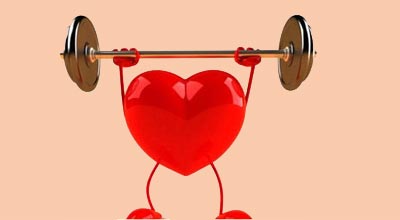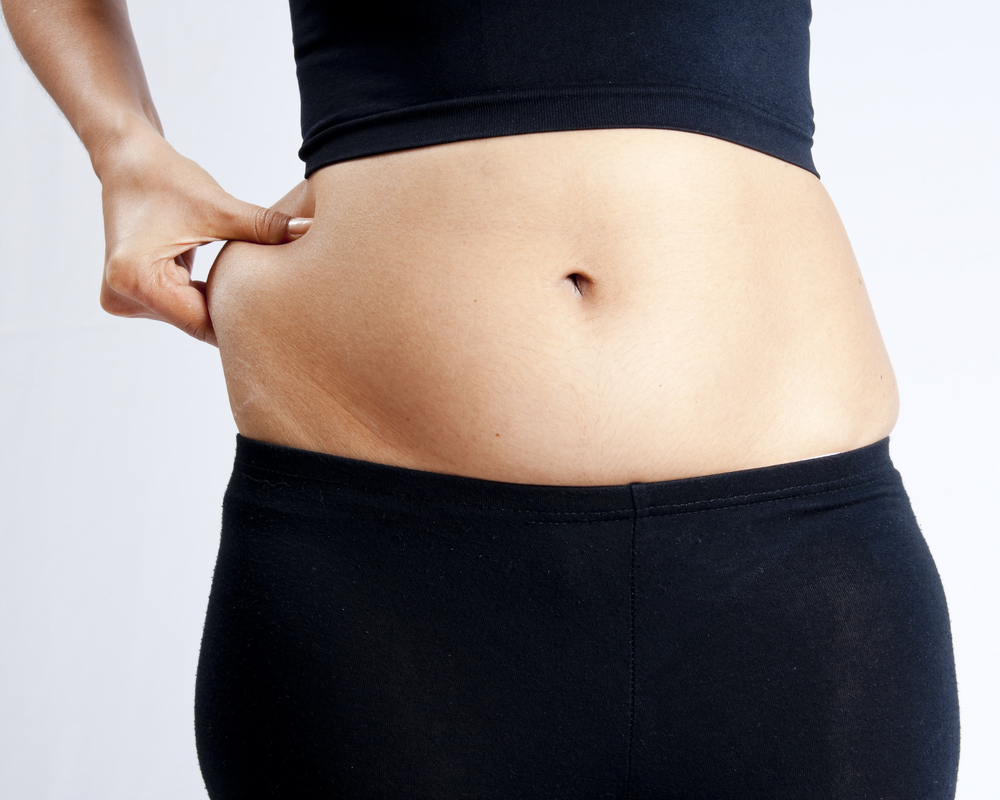Getting fit when you’re in college can be quite challenging for most students, particularly if you’re a freshman. Until now, you’ve lived with your parents who took care of you, advised about diet, physical activities and encouraged you to be fitter. It’s easy to “fall off the track” once you go away and live on your own. You get caught up in classes and exciting student life. Fitness isn’t on the list of priorities anymore. But at the same time, you still want to look your best. Is there any way a college student can balance everything? There are many things you can do to get fit and avoid feeling your life revolves around classes and exercises. Scroll down to see different things you can do to stay in shape.
- Have a routine
Although routines are, safe to say, boring in other aspects of our lives, it’s paramount for your fitness. That’s why establishing your own routine is the first and the most powerful thing you can do on your way to get fit or stay in shape.
When it comes to exercise, most of us usually wonder when is the best time of the day to work out. If you browse this topic on Google, you’ll get hundreds of results. Some say the best workout time is in the morning; others claim it’s in the afternoon, and so on. However, sticking with a workout routine is more important than the time of the day you exercise.
Consider your schedule at college or job, in case you work, and determine the exact time of the day when you can spare a few minutes to exercise. Then, make sure you do it every day during that period. You can create a schedule of different activities to do during that time of the day e.g. today jog, strength exercises tomorrow and so on. Doing different types of exercises will target different muscle groups and help you get in shape faster.
- Stay hydrated
It’s confession time, how many glasses of water you drink on a daily basis? Your answer probably shows you don’t drink enough water to keep your body hydrated and energized. The truth is, you’re not alone. Most people, in general, don’t drink enough water. And no, drinking all that coffee doesn’t really count.
Staying hydrated throughout the day and during your workouts is essential. In fact, lack of hydration has a negative impact on your performance. How? It’s because you get tired more quickly. Also, water intake poses as one of the most efficient ways to get fit, stay in shape, and avoid weight gain. For example, the study published in the Annals of Family Medicine showed that people who don’t drink enough water had increased chances of becoming obese.
Take a bottle of water wherever you go and make sure you sip on it when you’re studying or working on your assignments. Don’t wait to feel the thirst first because the dehydration signs already start to appear in the form of fatigue or sleepiness. Since it’s very easy to forget to drink water throughout the day, you can always download an app which will remind you to do so. There are many of them available for Android and iOS devices.
- What’s your goal?
If you don’t have a fitness goal, then you probably won’t stick to the schedule. Goals pose as some sort of commitment; we want to accomplish them, and feel like winners. Who doesn’t want that? Lack of targets also means there’s no motivation, or direction that shows which way you’ll go.
Besides establishing a routine, you should also take a few moments to think about goals you’d like to accomplish. It can be just about anything; weight loss, more endurance, more flexibility, being able to do a certain number of reps in a particular period of time, etc.
Divide your goals into smaller milestones that are easy to accomplish. This will boost your motivation to stick with your schedule and get fit as soon as possible.
- Take a walk
Don’t like going to the gym? Not a fan of complicated exercises? Finding it difficult to motivate yourself to exercise properly? Yes, we’ve all been there! Until you get motivated to do something specific, you can just walk. That’s the easiest (and the cheapest) way of staying in shape.
Make sure you take a walk around your campus, or a block, after all, big meals. Walking after a meal helps you maintain your weight at a healthy range. Also, instead of driving a car, taking a bus, using elevators, opt to walk instead or ride a bike.
- Pay attention to your diet
Physical activity means nothing if your diet consists of pizzas, doughnuts, French fries, and other unhealthy foods. Regardless of how delicious they are, it’s important to pay attention to your nutrition and opt for healthier meals.
Food is fuel for your body; it provides energy which is why things you eat should have great nutritional value. Typical student food, or entire Western diet for that matter, is quite unhealthy and doesn’t supply our body with healthy nutrients it needs to function properly. Besides fitness, the unhealthy diet also affects your health, productivity and so on.
Does this mean you should follow some strict diet program? No, not at all. In fact, the best diet plan for every college student should be:
- Eat regularly, don’t skip meals
- Opt for healthier alternatives to favorite meals
- Reduce portion size
- Eat plenty of calcium-rich foods
- Limit sugar intake
- Read labels to see nutrient content, whether there are any suspicious ingredients etc.
- Include variety of fruits and vegetables in your diet
- Instead of chips and fries, opt for carrot sticks as your snack of choice
- Get a buddy
Yet another practical and useful way to stick to your routine is to exercise with someone. You can work out with your friend, colleague, or even set up a club where all students can meet and exercise together. Why is this important? It’s because when you have a commitment and opt to work out with someone, you are more likely to achieve the goals you set.
In fact, a study published in the Psychology of Sport and Exercise revealed that the workout habits of people you know have a positive influence on your own habits. Therefore, buddy up to become fit!
- Have sex
Sex is yet another way you can get fit more easily, but when you pair it with the regular physical activity of course. The Electronic Journal of Human Sexuality published a study which showed that physical activity and sex life are correlated. Those who exercised more also reported feeling more desirable as well as improved performance. Also, it’s a well-known fact that sex can help you burn calories.
No, this doesn’t mean you should hop from one bed into another because let’s face it, that would bring you more harm than good. Instead, you should work on your endurance in bed. One way of doing that is to build your momentum, do cardio, and try performing Kegel exercises for men, which are very easy to do.
These exercises improve your bladder control, address premature ejaculation which is a major problem for college students who are still trying to work on their performance, and improve your sex life in general. To do these exercises you just have to tighten pelvic floor muscles, contract them, and release after a few seconds. You can do Kegel exercises just about anywhere at any time.
Conclusion
Staying in shape or getting fit in college isn’t the easiest task in the world. You feel lazy and aren’t sure how to fit gym trips into your busy schedule. This article showed you how to get into perfect shape without going to the gym (unless you want to) or struggling to do some vigorous activities. All you need is to set up a strategy that works for you and stick to your routine. Good luck!
Video:-Functional Fitness: Learn Fitness Functional Exercises from Dr. Adam Friedman
Via:-https://www.youtube.com/watch?v=eadXMR7hNJ4
Author Bio:-
Annie Lizstan works as a health and beauty consultant for online websites and an independent researcher by profession. She always like to explore her ideas about health, fitness and beauty . In her recent period ,she got an opportunity to explore on anti-aging product like Instaflex. You can also connect with her on Facebook, Twitter and Pinterest.




